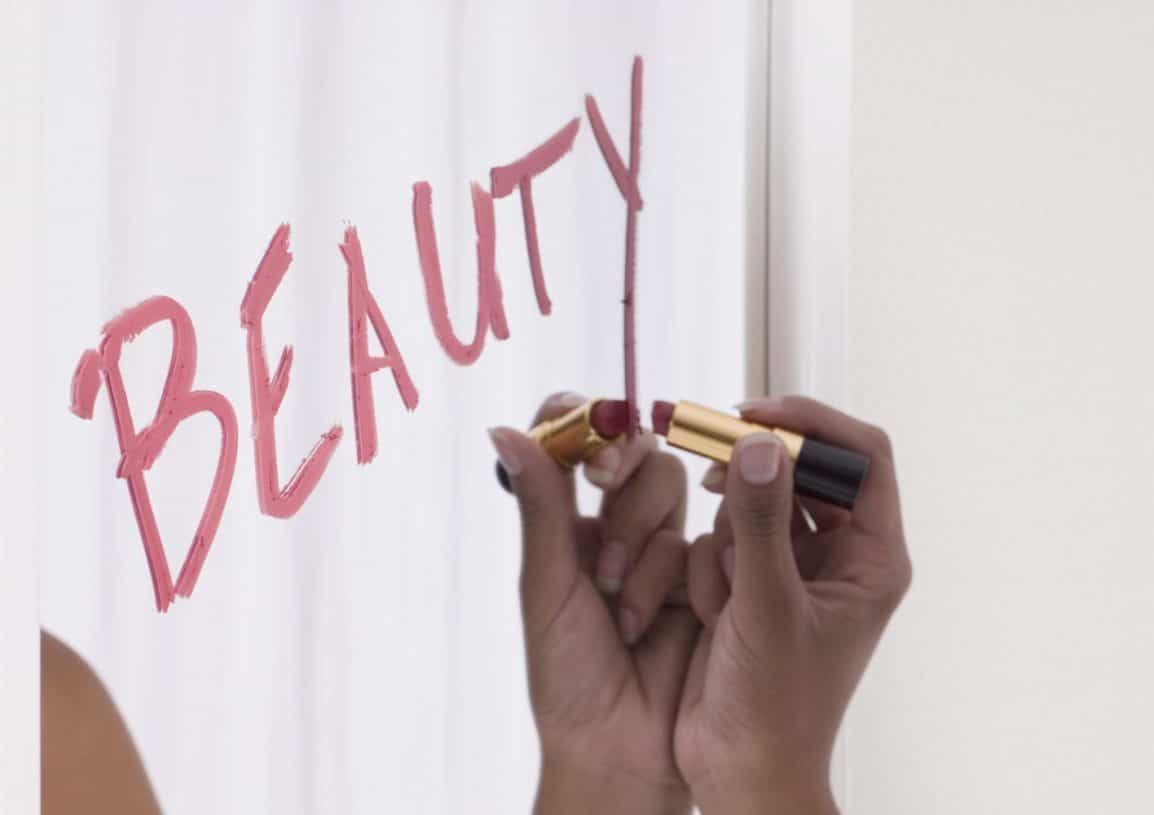By NurFatihah Irdina
Its the age of comparison, absorption and reflection. One close look in the mirror, the truth of who you are spreads out right in front of your eyes. Has it changed for the better today?
With the proliferation of technology, mirrors no longer serve for the purpose of reflection alone but an additional form of stress. Adding to that, as we scroll past photogenic pictures published on the internet, we vicariously live through an event or a lifestyle that is tailored to our fantasised image. To what extent is the image edited portrays the truth of ourselves?
Instagrammable pictures as they call it is the trend we witness today – which brings the topic of society and how much impact it has on us, particularly how we perceive one another.
Comparison when it comes to how we look, dress, our educational background, and even how we talk gives a glimpse on our social status.
Lets not forget that today we have what is known as the ˜pretty privilege, a simple term to describe the idea that ones attractiveness will mean that it receives more opportunities and more ˜social goods than if you are unattractive.
How can we be sure that this is true? For starters, the increasing number of social media influencers that we see on Instagram. Much of the social good that influencers receive is due to their high number of followers. The more followers a user receives, the more likely it is for the person to receive benefits such as, to list a few: deals with agents, free products, money and others.
Think about it, the incomparable lives between the normal folks and an influencer is far-fetched. The stark difference between the two parties is built from societal perception on beauty standard. Of course, every human being desires to look beautiful, but sometimes the Malaysian beauty standard is unrealistic.
There have been studies that our appearance does in fact have a direct correlation with how well we are received by others, in both social and professional settings. Do you ever wonder why a colleague of yours seems to receive a higher pay and is treated well by others but not you? Could it be related to your appearance?
Appearance essentially boils down to personal preference but we have a set of beauty ideals. If were lucky enough to notice the preferences, perhaps it is easier to say that everyone has a certain ˜type.
Pretty privilege in fact can be a good thing too because some wear it as a badge of honour to spread knowledge due to their high number of followers, but the liberty given to these individuals, possessing whether or not we know to be any information of accurate knowledge, trust is given to them because the privilege comes solely based on how they look. If coupled with intellect, the inner beauty surpasses what is shown outside.
Jon Briggs remarks, œThe beauty bias means that people who look good (as judged by society as a whole) tend to get an easier ride, even though there is no proof that they are smarter, more capable, or intelligent than anyone else. Nor are they healthier, or more competent, socially or morally.
Is this form of privilege dividing society? Yes, it is. Is this form of privilege unfair? Yes it is.
We need to change our view on beauty, though beauty itself is subjective, but to change our outlook on beauty is definitely not impossible. It is doable if we could redefine social conditioning subjected to the mainstream ideals of beauty.
It all starts with us, especially if we are to thrive in the art industry and change the system in the mainstream media in terms of representation. In essence, fairness in society is also judged by how we treat each other, and dismantle the ˜pretty privilege mindset by acknowledging it. ***
